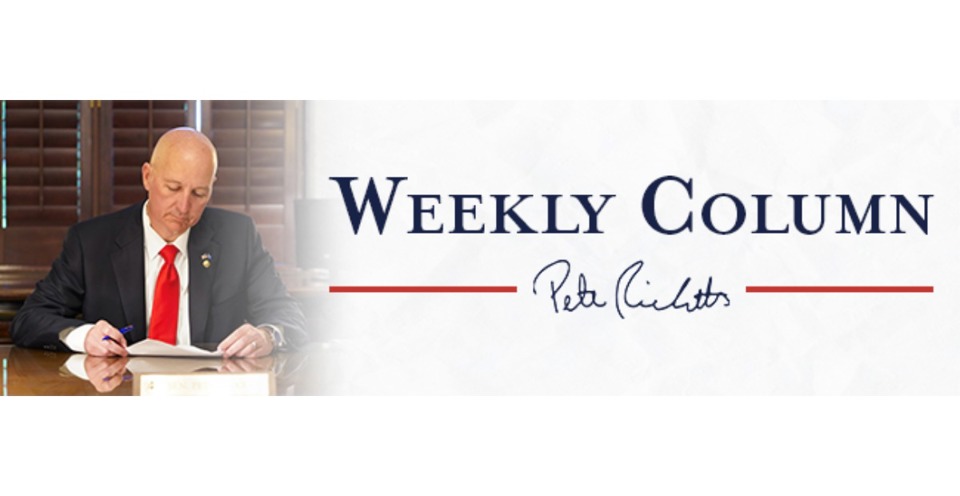Reining in the Power of Unelected Bureaucrats

The Supreme Court recently made an incredibly significant ruling that returns the power to make laws to Congress. In Loper Bright Enterprises v. Raimondo, the Court overturned a prior decision from Chevron v. Natural Resources Defense Council. The Chevron decision radically reshaped our government. By overturning it, the Court is finally reining in the power of unelected bureaucrats. This is a huge victory for democracy and for accountability.
For too long, unelected bureaucrats in Washington D.C. have wielded too much influence. They’ve operated with little regard for what Congress intended. They often “reinterpreted” decades-old laws to expand their power. As a result, Congress’ role was weakened. Lawmakers were often sidelined as agency bureaucrats took over. Agencies passed arbitrary rules that greatly affected our lives without proper oversight. The Chevron ruling allowed this by giving deference to agencies in interpreting what Congress meant.
The Environmental Protection Agency (EPA) repeatedly capitalized on this deference to cling to immense power. For example, it’s relied on Chevron to impose radical emissions standards on power plants, cars, and trucks. It’s reinterpreted provisions of the Clean Air Act of 1970 to mandate that up to two-thirds of all new cars and trucks be electric in eight years. Everyone wants clean air, but major rules-changes should come from Congress, not unelected bureaucrats.
The “administrative state” has grown into a fourth branch of government. The opaque process of administrative rulemaking burdens businesses and individuals alike. This bureaucracy is hard to navigate and unaccountable to the people. This is not what the Framers of our Constitution wanted.
Our system was designed with checks and balances to prevent any one branch from becoming too powerful. As any Nebraska high school student would know, that’s why separation of powers matters. Congress makes the laws. The executive branch enforces them. The courts interpret them. Chevron blurred these lines. It allowed agencies to make and enforce laws. In overturning Chevron, the Supreme Court has returned power to Congress.
The decision also reaffirms the importance of our elected representatives in making laws. It strengthens the democratic process by ensuring that elected officials are the ones making the laws, not unelected bureaucrats. That’s a victory for democracy.
In Nebraska, we know the importance of a government that’s accountable to its people. We understand that laws should be made by those who can be hired and fired by voters. The Supreme Court’s Loper Bright Enterprises decision aligns with those values.
Now, Congress must step up. We must take this historic opportunity to reclaim our legislative power. We must make clear, concise laws. We need to be prescriptive with the executive branch and tell them what we mean and what to do. We must be proactive in our lawmaking. We must also exercise vigorous oversight of agencies to ensure they adhere to the law. My colleagues and I have created a working group to explore ways to ensure we do that.
Reining in the power of unelected bureaucrats will take time. But the Supreme Court’s Loper Bright Enterprises decision represents a generational step forward. It restores Congress’ power and promotes transparency and accountability. It also represents a massive step forward in blocking future bureaucratic overreach. It’s Congress’ job to make laws, not unelected bureaucrats. I’m committed to doing all I can to ensure that our federal government serves the people, not the other way around.
My team and I are here to serve you. Contact us anytime by phone at 202-224-4224. You can also view my website at www.ricketts.senate.gov/contact.
